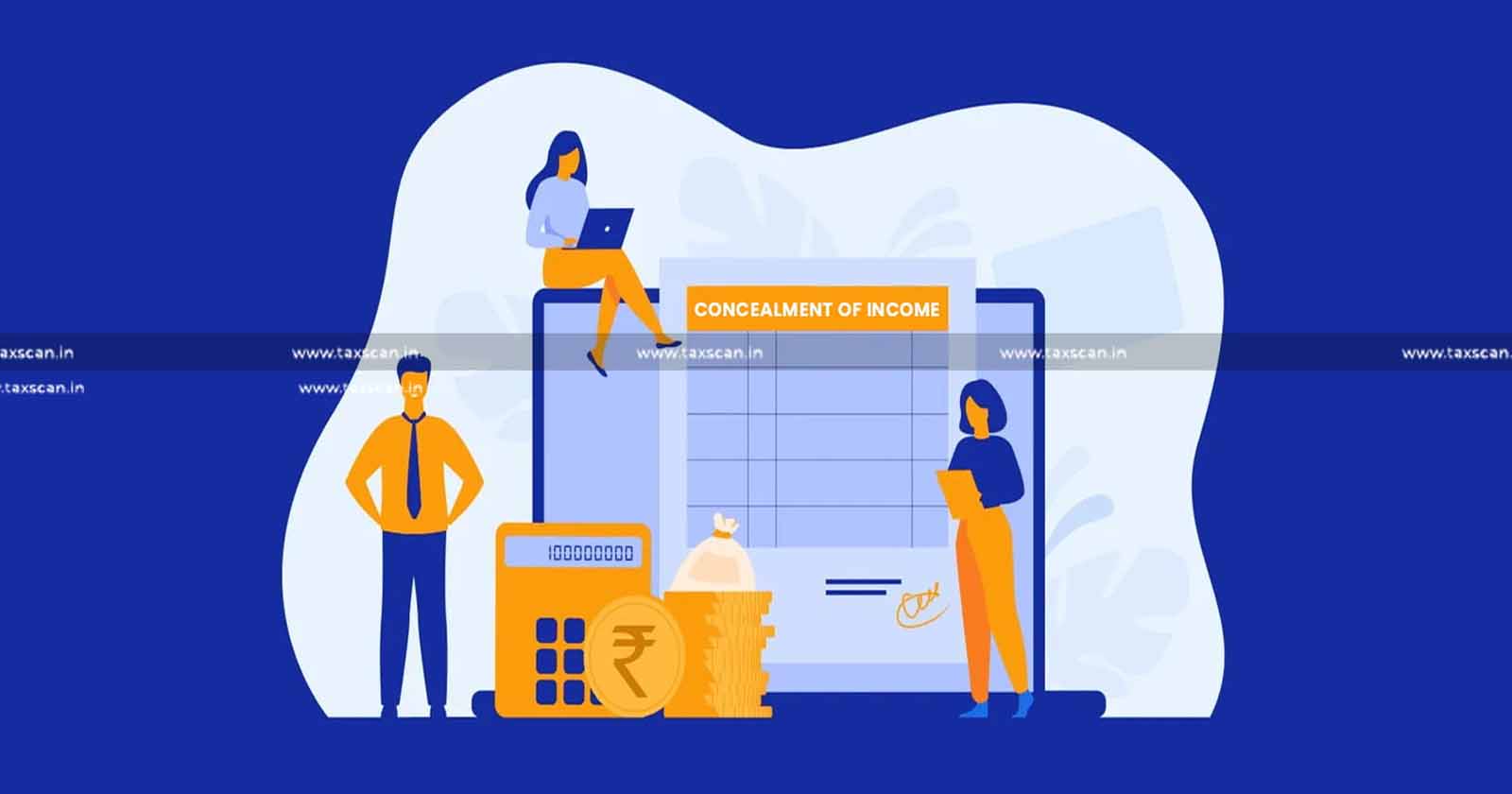Asset management is a critical aspect of financial planning for businesses, enabling them to optimize the use of their resources and generate maximum value from their assets. Traditionally, businesses have relied on manual methods and paper-based documentation to manage their assets. However, the advent of deemed accounts has revolutionized asset management practices, offering a more efficient and streamlined approach to handling collateral assets. This article compares deemed account to traditional asset management methods and explores the advantages they offer, while keeping an eye on IRCTC share price movements.
Traditional asset management methods often involve manual processes for tracking, monitoring, and valuing collateral assets. This can be time-consuming and prone to errors, leading to inefficiencies and delays in decision-making. In contrast, deemed accounts leverage technology to automate asset management processes, IRCTC share price, enabling businesses to digitize their collateral assets and access real-time information on asset values, transactions, and performance. By automating asset management tasks, deemed accounts improve efficiency, reduce administrative overheads, and facilitate faster decision-making.
Deemed accounts provide greater transparency and visibility into collateral assets compared to traditional asset management methods. With deemed accounts, businesses can access detailed information on their collateral assets, competitive IRCTC share price, including their current value, transaction history, and compliance status. This transparency allows businesses to make more informed decisions about asset utilization, risk management, and financing options. Lenders also benefit from enhanced visibility into collateral assets, enabling them to assess credit risk more accurately and offer competitive financing terms.
Deemed accounts offer improved risk management and compliance capabilities compared to traditional asset management methods. By digitizing collateral assets and automating compliance processes, deemed accounts help businesses mitigate risks associated with asset mismanagement, fraud, competitive IRCTC share price and regulatory non-compliance. Businesses can set up automated alerts and notifications to monitor changes in asset values, identify potential risks or discrepancies, and take proactive measures to address them. This proactive approach to risk management enhances financial stability and reduces the likelihood of default.
Flexibility and Customization:
Deemed accounts provide greater flexibility and customization options for asset management compared to traditional methods. Businesses can tailor their deemed accounts to meet their specific needs and objectives, including defining eligibility criteria for collateral assets, setting up automated workflows for asset valuation and monitoring, and integrating with existing financial systems and processes. This flexibility allows businesses to adapt their asset management strategies to changing market conditions, regulatory requirements, and business priorities, ensuring they can maximize the value of their assets over time.
Integration and Connectivity:
Deemed accounts offer seamless integration and connectivity with other financial systems and platforms, IRCTC share price enabling businesses to streamline their asset management processes and improve data visibility and accessibility. Businesses can integrate their deemed accounts with accounting software, inventory management systems, and other financial applications to ensure consistent and accurate data exchange across the organization. This integration eliminates data silos, improves collaboration, and enables businesses to make data-driven decisions based on real-time information.
Thus, deemed accounts offer significant advantages over traditional asset management methods, including efficiency, transparency, risk management, flexibility, and integration. By leveraging the capabilities of deemed accounts, businesses can optimize their asset management practices, mitigate risks, and unlock new opportunities for growth and profitability while keeping track of IRCTC share price movements. As businesses continue to digitize their operations and embrace digital transformation, deemed accounts will play an increasingly important role in driving innovation and efficiency in asset management.





